Description
In 1602 the United Indian company was created, known by its acronym in Dutch, voc that unified several previous companies. It is the first society for actions of history, and a milestone of the development of capitalism, which will progressively replace the previous economic systems. In its foundation, it obtained for 21 years the monopoly of trade with Asia. The monopoly was normal to ensure the investment, given the incredible risk that the expeditions ran, and the company eclipsed all its competitors in commerce with Asia until its disappearance at the end of the 18th generate a great benefit (18% annual dividends during the majority of its existence) His powers were practically those of a state, being able to declare wars, stop and execute convicts, coin currency … In 1602, its main objective was to obtain the spice trade of the Molucas, so it placed its capital in the current Yakarta, which was called Batavia in 1609. At a time when the kingdoms of Portugal and Spain were in A personal union under Felipe III, when hostilities resume, attacked the weakest link that were the Portuguese colonies in Asia. The competition soon broke out with the British, although at the moment the areas of influence will be divided, keeping the British cauto in Indonesia. One of the first problems that the company had to face (and later the British), was the shortage of demand for European goods of Asian cultures. They only demanded silver and gold, which were only abundant in Spain and Portugal (at war with the Netherlands). Therefore, I had to create an intra Asian trade, which will leave precious metals as a benefit, with which to pay the goods again. In this way, silver served to buy goods from China, and the Mughal Empire (silks, porcelain, cotton …), and a part stayed inside Asia (Japan), where silver was obtained again. In fact, the company”s enclave in Nagasaki was the only point of commerce with Japan for two centuries. In the first attempts to get commercial advantages with China, Vietnam or Cambodia, the company was defeated by these kingdoms, but they had more success against the Portuguese, taking Galle in Ceylon in 1640, breaking the Portuguese monopoly of the cinnamon and by 1659 there were made with almost the entire island and the juggling coast. In 1652 a supply post was established near the Cape in South Africa, which would evolve to be the Cape neighborhood. By 1669 the company was the largest that the world had seen, with a private army of 10,000 men, 50 warships and more than 150 merchants, but thereafter, things were complicated. The shogunate, concerned with the continuous output of metals, began to restrict trade, so the payment chain began to fail again. In addition, trade with China deteriorated when Taiwan losen, and due to war in China (changing dynasty) and above all, the third Anglo-British war. In any case, the company had to make a small load transition with great added value, to goods with less margin, given the new conditions and greater competition. This demanded greater volumes, which was possible thanks to the low financing cost of the early 18th. However, the high dividend policy would be fatal to the company, which was progressively decapitalized since 1730. Finally, after the fourth Anglo-Hold War, no more solution was seen than nationalizing the company, which was made by the government of the government of the government Republic of Batavia in 1799.

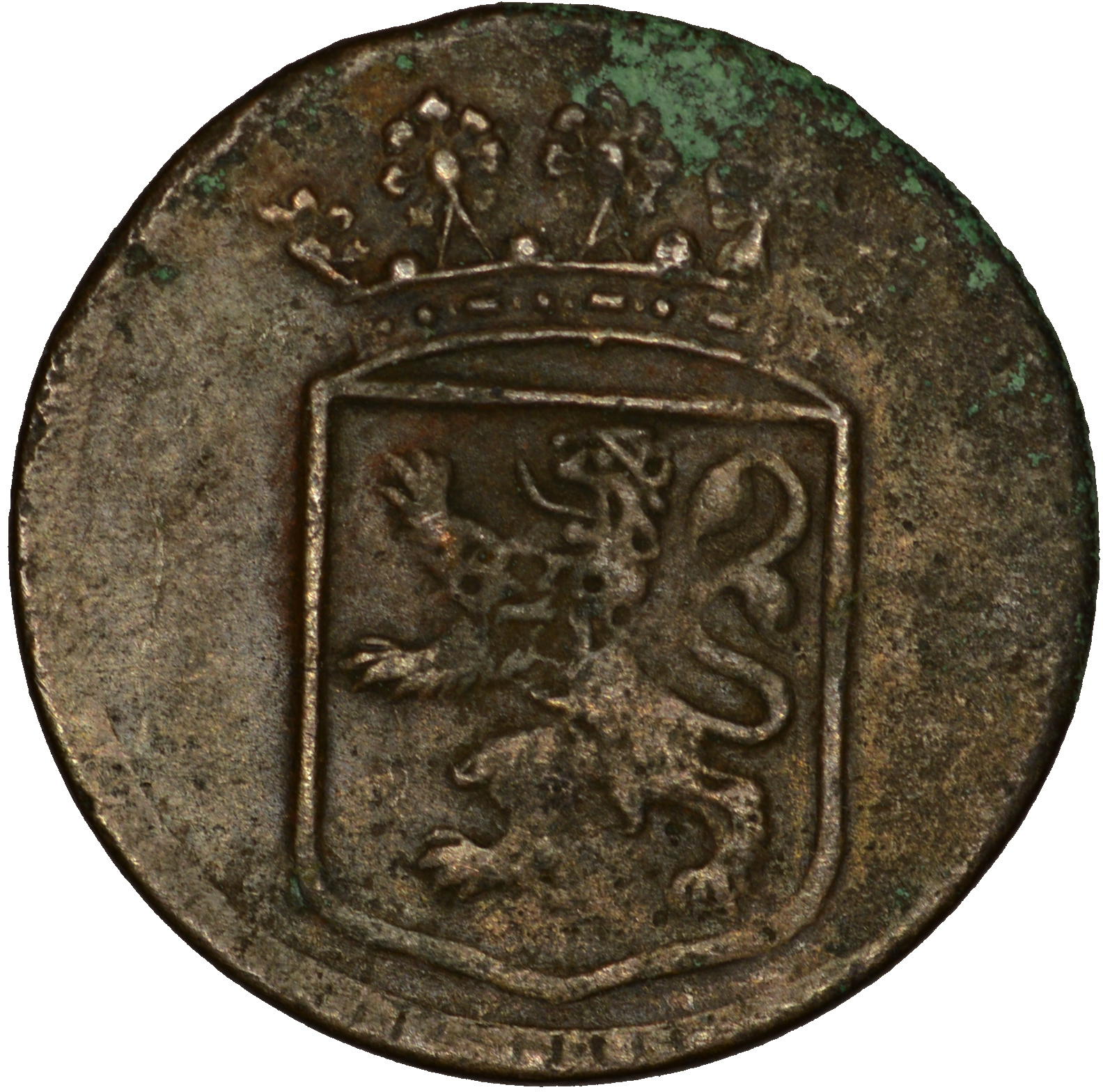
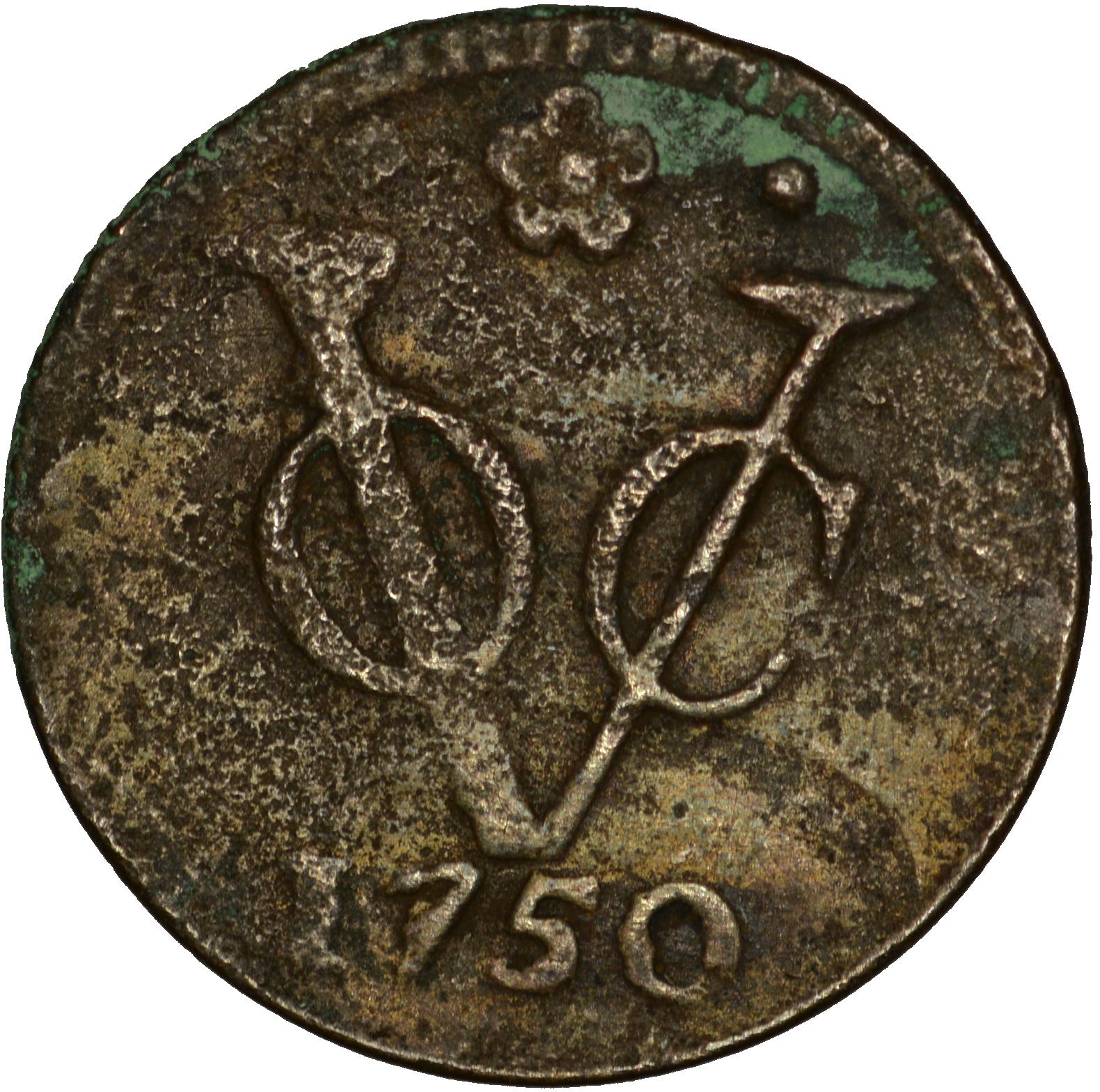
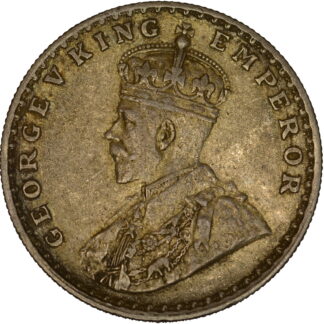
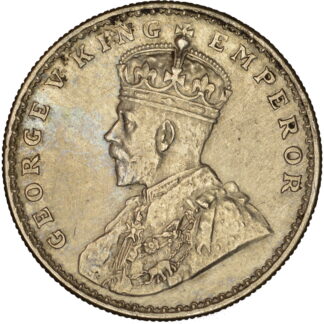
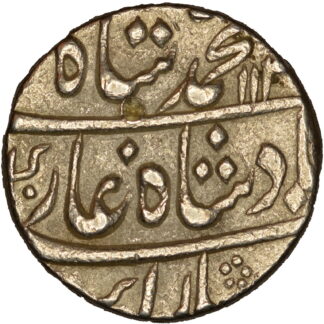
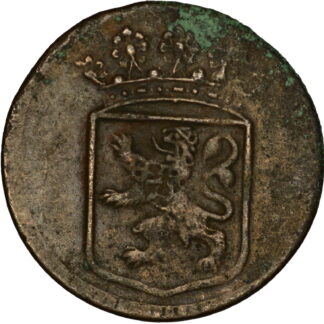
Reviews
There are no reviews yet.